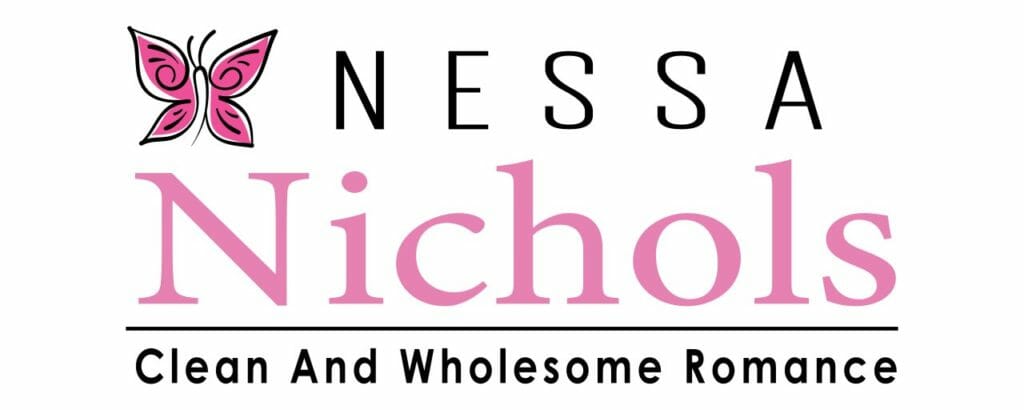The benefits of prayer and Meditation are well-documented. For example, prayer and Meditation can lower blood pressure, improve cardiovascular health, reduce stress levels, and promote overall well-being.
Prayer and Meditation are simple and effective tools anyone can use to improve their health. Though often used interchangeably, prayer and Meditation are two distinct practices. Prayer is a form of communication with a higher power or deity, while Meditation is a practice of mindfulness and focus.
Both prayer and Meditation have positive effects on physical and mental health. However, prayer is often practiced as part of a religious service, while Meditation is usually practiced alone or with others without any specific religious affiliation. Nevertheless, prayer and Meditation are powerful tools for managing stress, focusing your mind, and healing your internal wounds.
Meditation
Practicing Meditation lowers stress and anxiety. Experts describe Meditation as the practice of focusing on the present moment and clearing your mind from other thoughts. Research has shown that Meditation can help reduce stress, anxiety, and depression. It s beneficial for those who are under constant stress or have a negative outlook on life.
Types of Meditation Include:
There are several types of Meditation, and each has its purpose and method. One common type of Meditation is mindfulness meditation, which helps you to focus your mind on the present moment, focus on your breathing, disengage your emotional reactiveness, and observe thoughts and feelings without judgment. Transcendental Meditation is another popular type, which uses a mantra or sound to quiet the mind and achieve a state of deep relaxation. Other types of Meditation include guided Meditation, loving-kindness Meditation, and body scan meditation.
No matter what type of Meditation you choose, the goal is to quiet the mind and achieve a state of deeper awareness. Meditation can be practiced for a small amount of time each day or extended periods, depending on your schedule and needs. However, regular practice will likely notice improved concentration, decreased stress levels, and increased feelings of peace and well-being.
Prayer
Practicing prayer is a way to connect with God or your higher power. While you can say prayer alone, it is sometimes practiced as a group during a religious service. In either case, prayer is a way to express gratitude, ask for guidance, and share your concerns with God. In addition, prayer helps you connect with the divine and gain comfort in times of stress.
Types of Prayer Include:
Prayer is a form of communication with God or your defined Higher Power. There are many different types of prayer, each with its purpose and method.
Some common types of prayer are petitions, which are requests for help or guidance; thanksgiving prayers, which express gratitude; and meditative prayers, which focus on quieting the mind and connecting with the divine. Sometimes sitting in silence and waiting in prayer is very therapeutic, and you may be surprised by the answers you find there.
Whatever type of prayer you choose to practice, the key is to be authentic and honest in your intentions. The most important part of prayer is the connection between you and God or your chosen Higher Power.
Prayer and Meditation can sometimes become interchangeable, as you can be in prayer during Meditation and in Meditation during prayer. Finding what fits your soul best is key. Taking time to make yourself slow down and focus while seeking peace gives you a better perspective on life, and all those things we allow to distract us slowly fade away, or we gain a better outlook on them.
The best version of yourself shows up when you make room to intentionally care for your own needs first before tending to the needs of others. As it is often said, “You can’t pour from an empty cup,” so remember to fill up first. Prayer and Meditation are beautiful ways to fill your soul with what is necessary no matter what you face.


